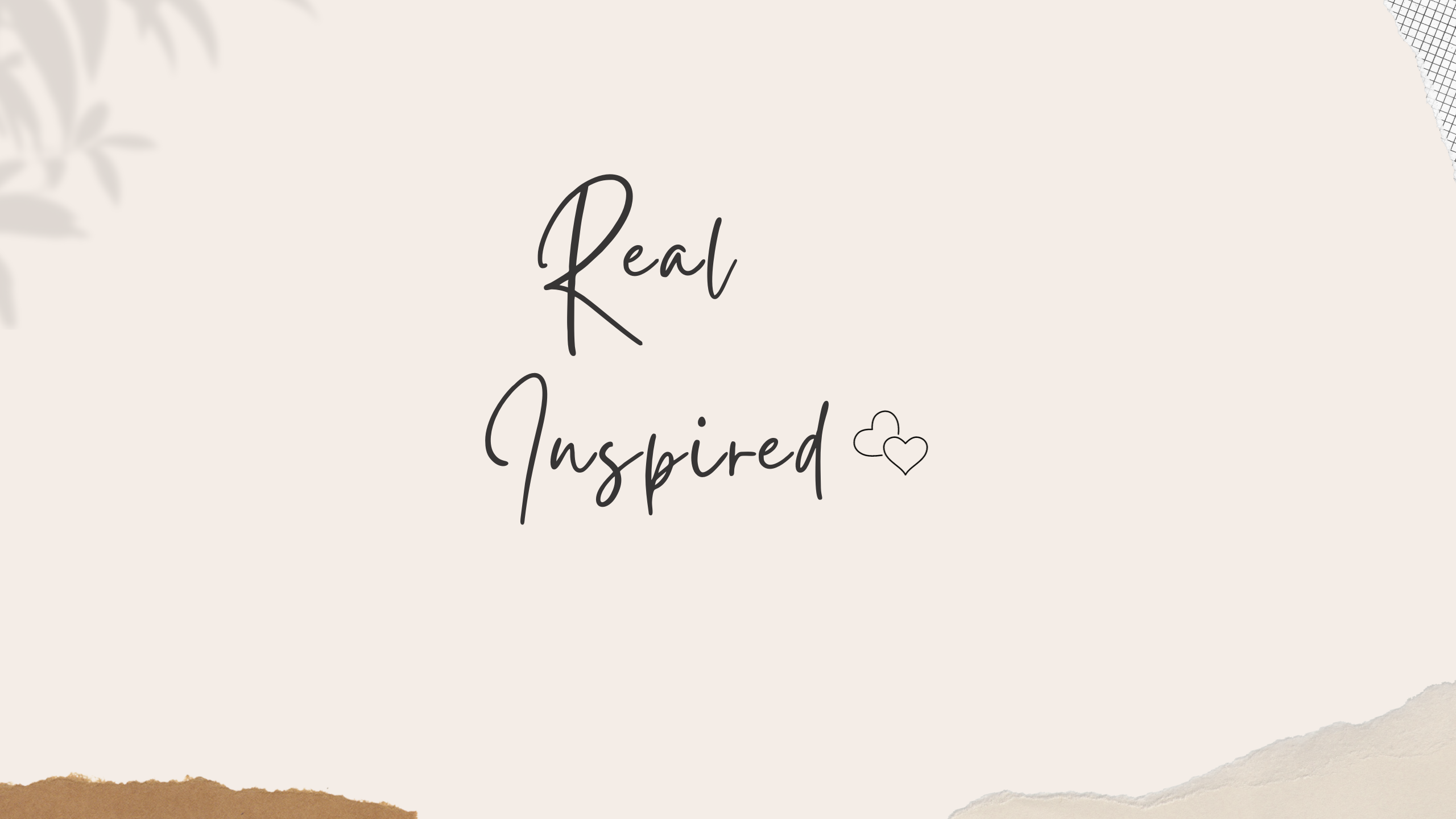Journaling is a powerful tool that can significantly impact your mental health in a positive way by providing you with an outlet for self-reflection, stress reduction, and emotional processing. Starting a journaling practice doesn’t require any special skills, just a willingness to engage with your thoughts and feelings.

Disclaimer: This page contains affiliate links. As an Amazon associate, I earn from qualifying purchases. If you choose to make a purchase after clicking a link, I may receive a commission at no additional cost to you. Thank you so much for your support!
Journaling and Meditation
Journaling and meditation share similarities in promoting self-reflection and inner awareness. Both practices encourage mindfulness, self-discovery, and stress reduction. But, while meditation focuses on cultivating a clear mind through various techniques like mindfulness or breathing exercises, journaling involves expressing thoughts, emotions, and experiences through writing.
Engaging in journaling can really complement your meditation practice by allowing you to reflect on your experiences, emotions, and thoughts in a more structured way. It can serve as a form of active meditation, providing you with a space for introspection and mindfulness while actively engaging with your thoughts on paper.
Like meditation, journaling can also promote a sense of calmness, clarity, and emotional balance by fostering self-awareness and understanding. It offers a path for processing emotions and gaining insights into your mental landscape, similar to how meditation allows you to observe your thoughts without attachment or judgment.
In essence, while meditation involves observing the mind, journaling involves capturing and exploring any of your thoughts and emotions that arise, both contributing to a more profound understanding of yourself and potentially leading to improved mental well-being. Combining these practices can create a holistic approach to inner growth and mental health.

Benefits of Journaling
Stress Reduction Through Emotional Release: Writing about stressful events, thoughts, or emotions can act as a release valve. It allows you to unload your mind, reducing the intensity of your emotions and providing a sense of relief. This process can help you prevent the buildup of stress.
Clarity and Perspective: Journaling offers a way to organize your thoughts and gain perspective on stressors. It allows you to step back, analyze situations, and find constructive ways to address challenges, reducing the feeling of being overwhelmed.
Emotional Regulation: By journaling regularly, you can track your emotional patterns, identify triggers, and explore coping mechanisms, and understanding these patterns empowers you to manage your emotions more effectively, reducing stress responses.
Mindfulness and Present Awareness: When you write in a journal, it encourages mindfulness and being present in the moment. Focusing on current thoughts and feelings diverts attention from stress-inducing thoughts about the past or future, and helps you promote a sense of calmness within you.
Problem-Solving and Brain Dumping: Journaling serves as a space to brainstorm solutions to problems, reducing the stress caused by feeling stuck or overwhelmed. It acts as a ‘brain dump,’ by clearing mental clutter and organizing your thoughts.
Gratitude and Positive Focus: Incorporating gratitude journaling can shift the focus from your stressors to more positive aspects of your life. Reflecting on what you’re thankful for can promote a more optimistic mindset, reducing stress and improving your overall mental health.
Physical Health Benefits: Lower stress levels associated with regular journaling can have positive effects on your physical health, such as improved sleep quality, lowered blood pressure, and strengthened immune function.
How to Start a Journaling Practice
So, how can you reap the benefits of journaling? Where do you start? Here are some tips to get your journaling practice started:
- Set Your Intentions
Begin by clarifying your purpose for journaling. Whether it’s managing stress, exploring emotions, or seeking self-discovery, knowing your intentions will guide your journaling journey.
- Choose Your Journaling Style
Experiment with various journaling methods: free writing, bullet journaling, gratitude journaling, art journaling, or structured prompts. Find what resonates best with you.
- Create a Routine
Establish a consistent journaling routine. It could be daily, weekly, or whenever you feel the need. The key is regularity to make it a lasting habit.
- Find Your Writing Space
Create a comfortable and private space where you feel at ease to express yourself openly without any inhibition.
- Start with Prompts or Free Writing
Sometimes starting can be the hardest part. Use prompts like “Today, I feel…” or “Things I am grateful for…” to kickstart your writing. Free writing, where you write continuously without censoring yourself, can also be very liberating.
- Embrace Honesty and Vulnerability
Journaling is a safe space to be completely honest with yourself. Embrace vulnerability and express your deepest thoughts without judgment.
- Focus on the Present
Stay present while journaling. Reflect on your current emotions, thoughts, and experiences rather than dwelling excessively on the past or worrying about the future.
- Track Progress and Patterns
Regularly review past entries to identify patterns in your emotions, behaviors, or triggers. Tracking progress can help in self-awareness and personal growth.
- Use Journaling for Problem Solving
Utilize your journal as a problem-solving tool. Write about challenges you’re facing and brainstorm potential solutions.
- Practice Self-Compassion
Be kind to yourself through your journaling journey. Accept imperfections and setbacks as part of the process.
Here are some great journal options to help you get started:
Basic Classic Notebook Journal
Wellness and Daily Reflection Journal
Inner F-ing Peace Journal: Transcend Your BS and Be Happy
Conclusion
Starting a journaling practice can be a transformative step towards improved mental health. It offers a space for self-discovery, emotional regulation, and personal growth. Remember, there’s no right or wrong way to journal—just begin, explore, and let the process guide you towards a healthier state of mind.
